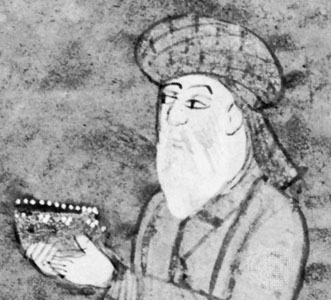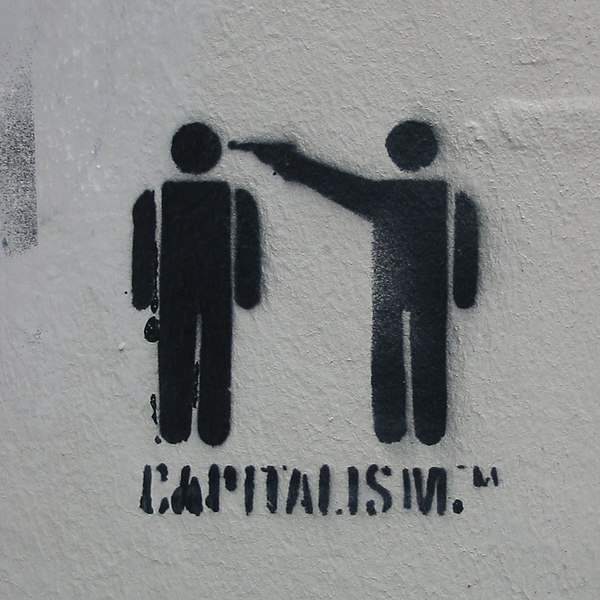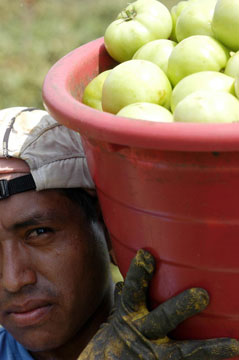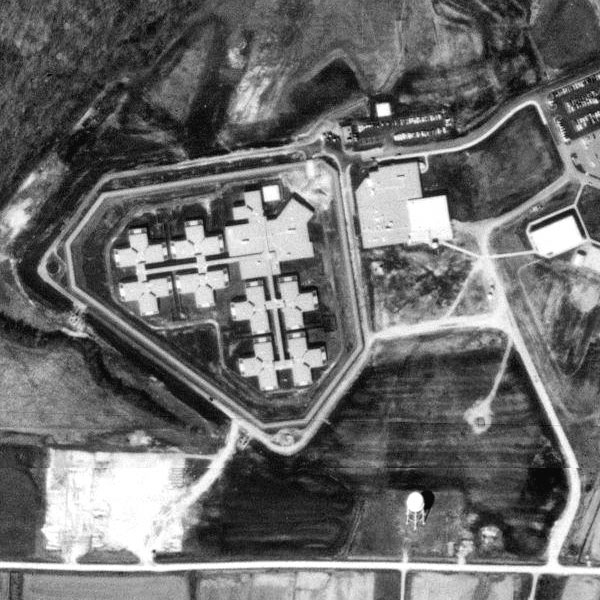 My friend Lynne sent me a great article from Thomas Paine's Corner. The article, Can We Shed Our Moral Primitivism Before It Is Too Late is an interview conducted by Jason Miller with Philosophy Professor and Animal Liberation Theorist Steve Best. Best situates animal liberation struggle alongside a number of other struggles--abolition, Palestinian Liberation, Earth Liberation, and anti-Nazi movements.
My friend Lynne sent me a great article from Thomas Paine's Corner. The article, Can We Shed Our Moral Primitivism Before It Is Too Late is an interview conducted by Jason Miller with Philosophy Professor and Animal Liberation Theorist Steve Best. Best situates animal liberation struggle alongside a number of other struggles--abolition, Palestinian Liberation, Earth Liberation, and anti-Nazi movements.At first I was put off by Best's comparisons between animal and human slavery, his tactical evocations of Martin Luther King Jr, Anti-Nazi liberation movements, The African National Congress' struggle against apartheid, and his assertion: "Realizing that animals suffered far more than human beings in the quantity and quality of their pain, suffering, and death, I shifted from human rights to animal rights activism."
Often, when I've heard people compare human and animal oppression, the argument reinforces white, male, heterosexual privilege as follows: "If we fought racism, sexism, and homophobia, it only follows that we should fight for animal liberation" as though there was not a substantial difference between oppressed people and animals. "If we would liberate blacks, we should obviously liberate beagles."
This racist strand of rhetoric in the animal rights movement is obviously alienating and damaging to liberation struggles. In contrast to this comparison, Best argues that what allowed a culture of patriarchy and racism to enforce slavery were tools and techniques developed and perfected first on animals. He successfully demonstrates the links between human and animal exploitation and links the political economy of animal exploitation with human oppression throughout history. Rather than prioritizing animal liberation over human liberation, he argues that the struggles are inseparable.
Citing that 50 billion animals are killed each year, fueling the industrial, capitalist economy, he makes a compelling case that animal liberation is integral to anti-capitalist struggle against a culture of domination and exploitation. He advocates eloquently for the Animal Liberation Front and emphasizes the importance of both theorizing and engaging in direct action for holistic liberation.
I would be interested to hear your thoughts on Best's interview, particularly regarding his analysis of animal liberation as the most holistic framework and also his analysis of animal rights in relationship to other struggles of liberation using frameworks of race, class, gender, sexuality, ability, etc...




































